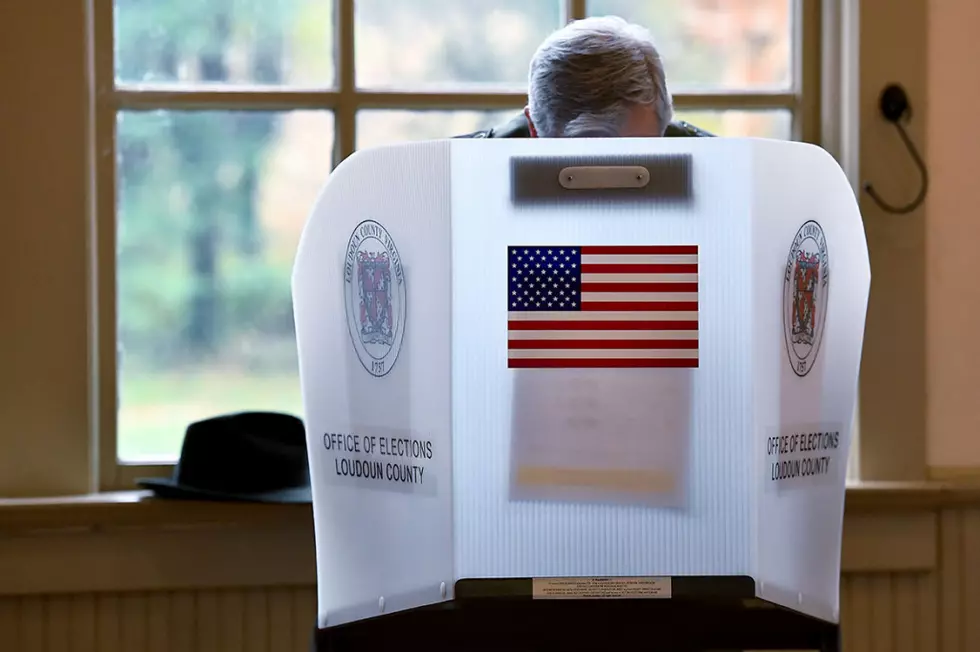
Viewpoint: Keep Montana’s primary open
Carole Mackin
Joseph Dixon, U.S. Senator from Montana, had many political paths that he could follow. But on March 22, 1920, Dixon decided to run for governor of Montana.
The Montana Supreme Court had just issued a ruling rejecting several lawsuits designed to close Montana’s Open Primary. All the lawsuits were filed by the Anaconda Company, which wanted to return to party conventions when nominating candidates for the November ballot.
Dixon knew that if candidates were selected in a party convention or even in a closed primary, he’d have little chance to win a spot on the November ballot. During his time in the U.S. Congress, he would not kowtow to the Anaconda Company.
He also believed that the Republican Party voters would select him if the Primary was open. That way voters would be free of coercion from the Company thugs.
Six Republican candidates vied for Governor that year, yet Dixon won. Then he went on to win the general election with 60% of the vote. In addition, 139 Republican legislators were also elected.
With this strength in the Legislature, the Republicans faced down the Anaconda Company. Then Gov. Dixon signed the bill that required the Anaconda to pay their fair share of taxes.
The Open Primary is important because the candidate with the largest election treasury or corporate endorsements won’t automatically be the candidate running in November. Also intimidation or retaliation towards voters is less when their party choice is private.
